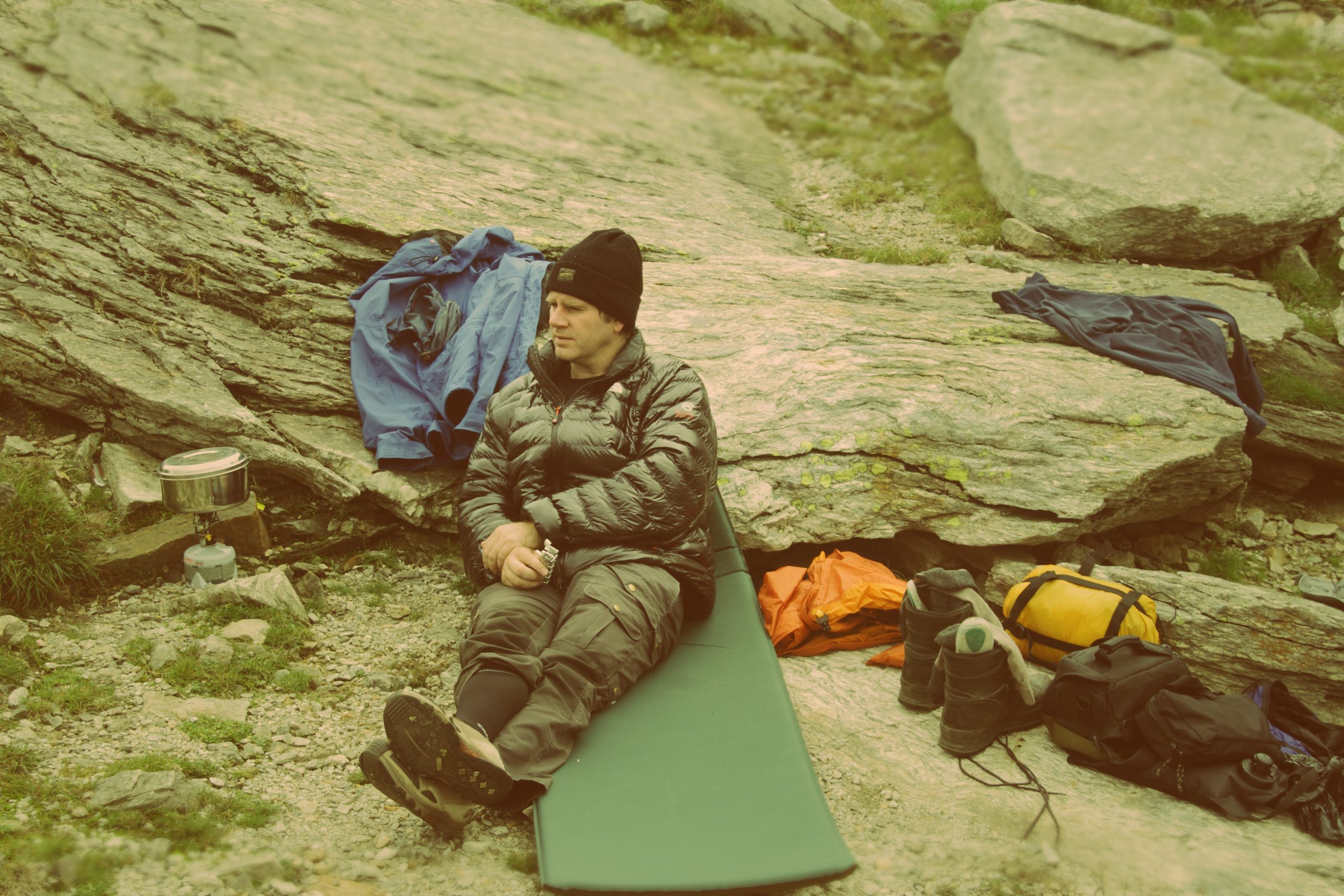What Is a Bivy Backpacking?
Bivy backpacking is a lightweight, minimalist form of camping that is becoming increasingly popular amongst outdoor enthusiasts. Bivy backpacking utilizes a bivouac sack, also known as a bivy or bivouac shelter, to provide shelter and protection from the elements. This type of camping generally involves carrying the minimum amount of gear to create a safe and comfortable environment while on the trail.
A bivy is essentially an open-ended waterproof and breathable sack that fits around a sleeping bag or other sleeping system. It provides an additional layer of insulation and protection from rain, wind, snow, and insects.
Depending on the model, some bivys can also provide additional features such as bug netting and ventilation. Additionally, they are lightweight and compact enough to be carried in most backpacks without taking up too much space.
The key benefit of bivy backpacking is that it allows for more freedom in terms of movement and location choice when compared to traditional tent camping. With no poles or stakes required for setup, you can easily find suitable spots for camping in otherwise hard-to-reach areas.
This makes it ideal for mountain climbers, backpackers, and people who enjoy exploring remote areas. Additionally, because bivys are so lightweight and packable they are perfect for long-distance hikes where weight savings are paramount.
When selecting a bivy it’s important to consider factors such as breathability, water resistance/proofing level, weight/pack size (if you plan to carry it in your backpack), size (to fit your sleeping system), ventilation options (if available) and durability. You should also check out user reviews to get an idea of how well the model performs under different conditions.
In conclusion – Bivy backpacking is a great way to enjoy the outdoors while minimizing your gear requirements and allowing you greater freedom in terms of location choice when compared to tent camping. With its lightweight design and durable construction it’s easy to see why this style of camping has become so popular amongst outdoor enthusiasts looking for an alternative way to explore nature without sacrificing comfort or safety.
Conclusion:
Bivy backpacking is an excellent form of minimalist camping that offers freedom from restrictions associated with tent camping whilst still providing protection from the elements with its waterproof design and breathable materials. With its lightweight design and durable construction it’s easy to see why this style of camping has become so popular amongst outdoor enthusiasts looking for an alternative way to explore nature without sacrificing comfort or safety
9 Related Question Answers Found
LNT backpacking is a style of outdoor recreation that focuses on the minimal impact that an individual has on the environment. It is based on a set of principles put forth by the Leave No Trace Center for Outdoor Ethics, which encourages travelers to leave no trace of their presence in nature. This includes being mindful of natural resources, minimizing disturbances to wildlife, and packing out all waste.
Backpacking is a way of travelling that involves carrying all of one’s belongings in a backpack, rather than in suitcases or other forms of luggage. Backpackers use public transport and hostels, or camp outdoors, to keep costs to a minimum while they explore different areas. It is a type of low-cost, independent travel that has become increasingly popular in recent decades, especially amongst younger people.
Go backpacking is an activity that can be enjoyed by people of all ages and backgrounds. It’s a great way to explore the world and experience new cultures, while also being a cost-effective way to travel. Backpacking involves packing light and taking only the essentials on an extended journey, usually lasting days or weeks.
Backpacking is a type of low-cost, independent travel. It involves carrying one’s possessions in a backpack and staying in inexpensive accommodations such as youth hostels, camping grounds, or couchsurfing. This form of travel enables people to experience new cultures, meet new people, and explore the world in a financially responsible manner.
Backpacking is a type of low-cost, independent travel. It includes the use of a backpack that is easily carried for long distances or long periods of time; the use of public transport; inexpensive lodging such as youth hostels; often a longer duration of the trip when compared with conventional vacations; and an interest in meeting locals as well as seeing sights. Backpackers utilize hitchhiking and other methods for affordable transportation, setting up temporary shelters when necessary.
Backpacking is an activity that has been around since the early days of mountaineering and exploration. It involves traveling with a light pack on foot, often in remote areas such as mountains and forests. Backpacking is a popular activity among outdoor enthusiasts, due to its combination of physical exercise and exploration of nature.
Backpacking is a form of low-cost, independent travel. It includes the use of a backpack that is easily carried for long distances or for long periods of time; the use of public transport; inexpensive lodging such as youth hostels; often a longer duration of the trip when compared with conventional vacations; and an interest in meeting locals as well as seeing sights. Backpackers typically travel with a small group, sometimes with a partner or friend, but usually based on connections made through travel websites or by meeting other travelers in hostels or on the road.
Backpacking is a form of travel that has been around for centuries. It involves carrying all of one’s belongings on their back, often in a backpack. Backpacking is most commonly done on foot, but some may use bicycles, horses, or donkeys to traverse long distances.
Backpacking is a term used to describe the activity of travelling with a backpack full of supplies. It is a type of low-cost, independent travel that involves carrying all essential items on one’s back. It has become increasingly popular in recent years, and for good reason.
